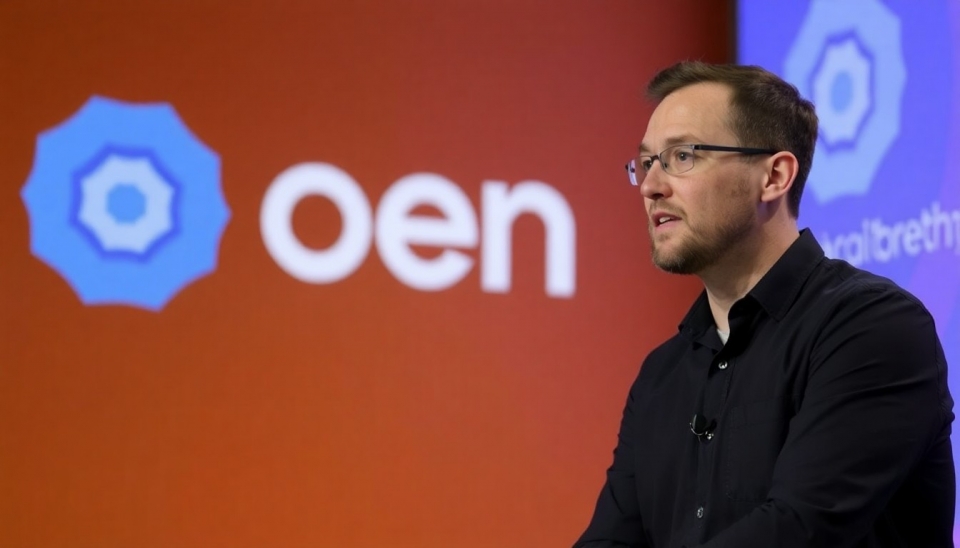
In a strategic move to reinforce its global technological positioning, OpenAI has called upon the United States and its allies to collaborate more closely in the development and regulation of artificial intelligence (AI). This proactive stance stems from growing concerns about China’s advancements in AI technology and the potential implications for international competitiveness and security.
The announcement from OpenAI underscores a pivotal moment in the technology landscape, where nations are increasingly recognizing that AI will be a defining factor in both economic strength and national security. During a recent high-profile discussion, OpenAI’s representatives emphasized that without a concerted effort among allies, there is a significant risk of falling behind in the AI arms race, particularly against nations like China that are making rapid strides in the field.
OpenAI's leadership has highlighted several areas where collaboration could be beneficial, including research initiatives, ethical standards in AI deployment, and shared frameworks for addressing the societal impacts of AI technologies. The organization argues that forming a united front would not only enhance the capabilities of the participating countries but also ensure that developments in AI align with democratic values and human rights.
Current trends show that China is investing heavily in AI research and development, aiming to become a world leader in the field by the year 2030. This ambitious agenda poses a challenge to US dominance, and OpenAI is advocating for a cooperative approach, urging nations to share insights, resources, and best practices to mitigate risks and maximize the potential benefits of AI.
Furthermore, the conversation around AI is not just about competition; it also includes the essential discourse surrounding responsible AI use. OpenAI stresses the importance of creating robust regulations that maintain ethical standards in AI development and usage. The organization advocates for transparency in AI technology, ensuring that systems avoid biases and discrimination, which can lead to significant societal issues.
Allies are expected to discuss the framework for such partnerships in upcoming international meetings, emphasizing the creation of technology-sharing agreements and joint research endeavors. The overarching goal is to establish a collaborative ecosystem that propels technological innovation while also addressing the ethical concerns that accompany such advancements.
As the race for AI supremacy heats up, OpenAI's call for unity among US allies is both timely and critical. The organization’s vision promotes a future where the collective strengths of democratic nations can counteract authoritarian models of technology management, ensuring that AI serves humanity positively and inclusively.
As technological landscapes continue to evolve rapidly, it remains to be seen how effectively nations will respond to these calls for cooperation and whether they can formulate a cohesive strategy to navigate the challenges posed by competitors like China in the field of AI.
Given the stakes involved, OpenAI's plea not only signifies a pragmatic approach to global strategic relations but also underscores an urgent need for allied nations to prioritize AI collaboration in order to safeguard their future economic and social landscapes.
#OpenAI #AIstrategy #GlobalCollaboration #TechCompetition #ChinaAI #EthicalAI #Innovation #InternationalRelations #AIEthics
Author: Liam Carter




